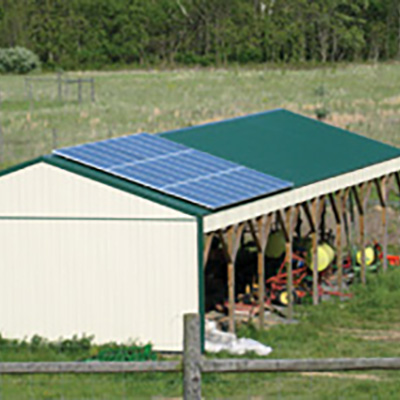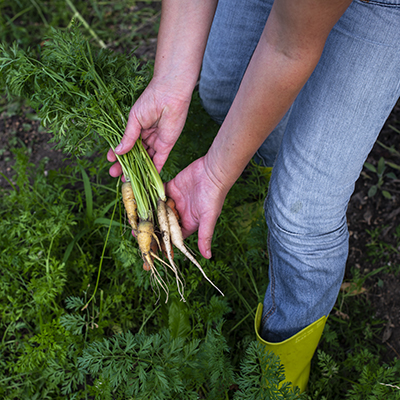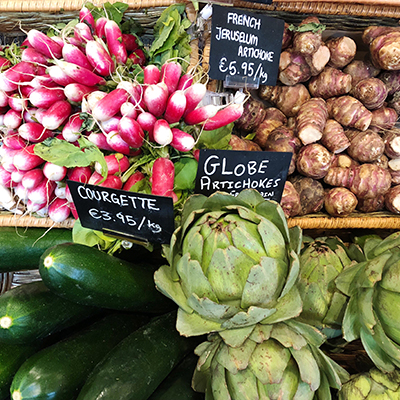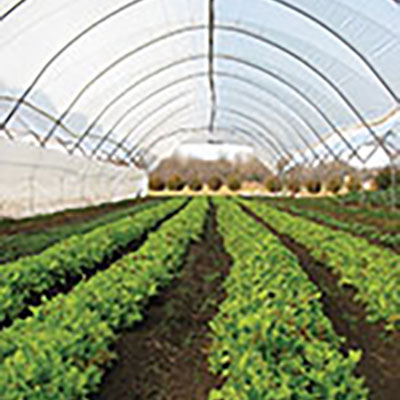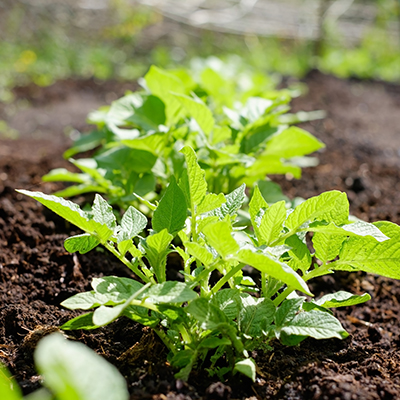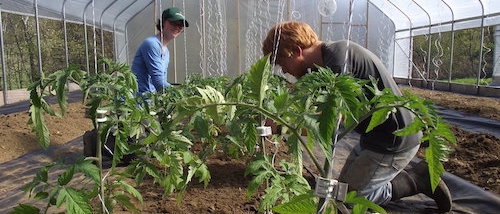By Andrew Mefferd
In the August 2019 issue of Growing for Market, we published an article entitled “Social and racial justice on farms.” As the editor, I did not think it was particularly radical. In my eyes, it was mainly a guide for farmers who have been underserved and discriminated against by our farming system (more on that later) to find resources and start farms. I honestly did not expect it to cause controversy.
However, in the month following publication, we got more than a couple nastygrams from people who took exception with the article. In fact, we got more feedback on that one article than any other in the five years since I took over the magazine. The rankled readers said they wanted us to stay out of politics, and a few canceled their subscriptions.
Now, we at GFM normally do not get a whole lot of feedback from readers. Since we are a trade publication for working farmers, we figure people mostly look to us for practical information on growing, marketing, and the business of running a small farm, and we try to stick to that. Probably like a lot of businesses, we usually don’t hear a lot from our readers until they are unhappy.
So, I thought- what made people so upset with this article? It simply acknowledged the fact that systemic racism exists and talked about ways and resources to fight it in farming. I couldn’t find anything particularly onerous in the story.
After thinking about it more, I realized people who don’t want to fix racism do not want us to talk about racism. They want to ignore it and act like the effects of racism don’t still haunt us. They don’t want us to talk about social and racial justice because that acknowledges that social and racial injustice still exist.
The people who don’t want to combat racism want to suppress discussion of the problem, so it doesn’t get fixed. But it’s because of agriculture’s history of systemic racism that we need to keep the discussion going, however long it takes.
Why is this important? And what does it have to do with agriculture? In addition to attempting to right past wrongs and do the right thing, it is important to agriculture because there are many fewer minority farmers than there should be because of systemic racism. For example, though around 12% of the US population is black, about 95% of farmers are white, and only about two percent of farmers are black.
This is not an accident. Years of systemic racism at the USDA meant that black farmers were denied farm loans and other services based solely on their race. In 1999, the USDA lost a lawsuit brought by black farmers, alleging that it wrongfully denied them farm loans, loan servicing, other benefits, or gave them loans with unfair terms. When the lawsuit was settled in the black farmers’ favor, it became the largest civil rights settlement in history. For more about the lawsuit, click here.
If you want to know more, there’s a book about it called Dispossession: Discrimination against African American Farmers In the Age of Civil Rights by Pete Daniel. It talks about how between 1940 and 1973 the number of black farmers dropped by 93 percent due to systemic racism. For more on the book, click here.
At GFM, we think it would be a better world if we had more local growers and our food system were less industrialized. To make that happen, we need more local growers of every description.
We ran this article back in August 2019 because if minorities are underrepresented in our farming landscape, that means there are a disproportionate number of black farmers and other minorities who would be farming if it were not for decades of discrimination. We need to do what we can to ensure that everyone is equally represented in our farming community.
If we gave in to the demands of those who want us not to talk about the legacy of discrimination in the United States, we would not be fulfilling our objective of helping farmers everywhere feed their communities.
When I go to ag conferences and see mostly white faces, I know that is the legacy of discrimination. One of the great things about plants is that they don’t know and don’t care what color you are.
In order to help the arc of history bend back towards justice, we are working with minority farming groups to make GFM scholarship subscriptions available to aspiring minority farmers. If you know of groups that could help us in that task, please let us know.
Here’s a link to our article, Social and racial justice on farms.
And here’s an accompanying piece, Resources for social and racial justice in agriculture.
Andrew Mefferd is the Editor of Growing for Market. He farms in Maine.
